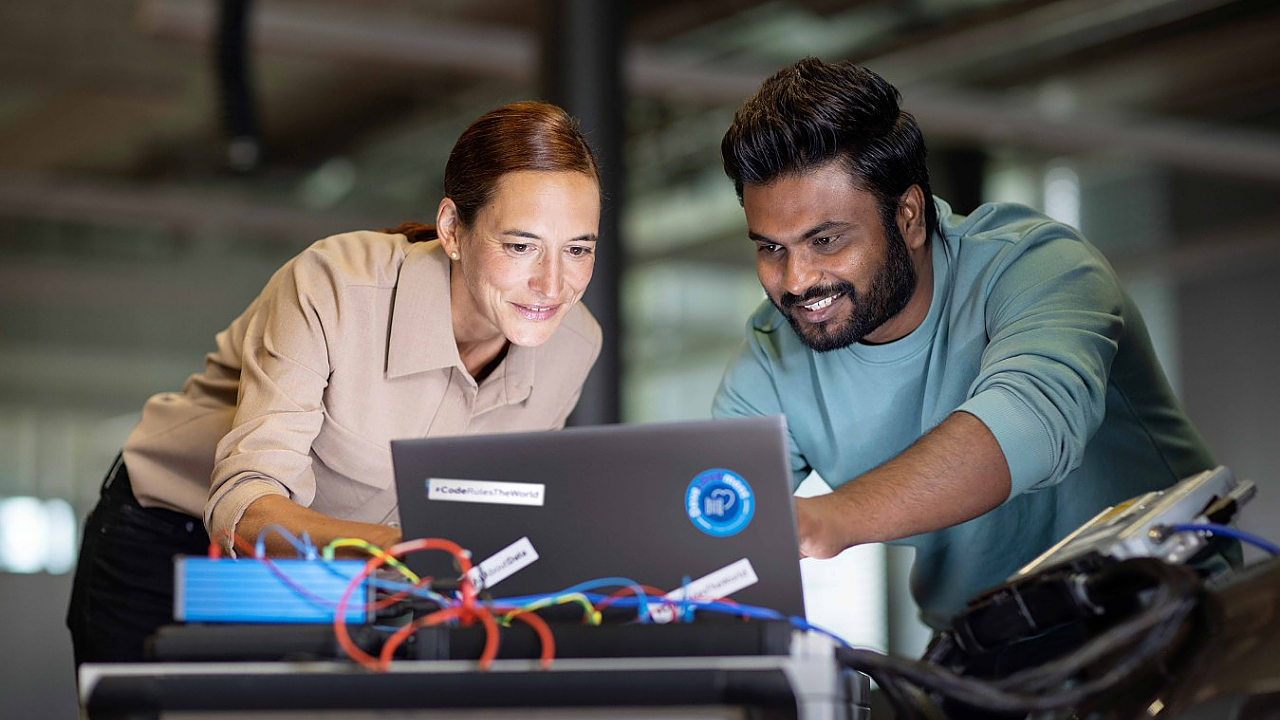
Continuing its focus on taking further strategic steps toward a leading position in the software-dominated future of mobility, ETAS GmbH, the subsidiary of Bosch, is planning to develop and sell basic vehicle software, middleware, cloud services, and development tools for universal application.
Towards this, about 2,300 experts from different development areas of Bosch and ETAS will be brought together by mid-2022. Dr Stefan Hartung, Chairman, Mobility Solutions Business Sector, Robert Bosch, says, “Software development is a longstanding core competence at Bosch. Every year, we put more than 200 million control units running our own software into vehicles worldwide. With this new setup, we want to become the leading provider of application-independent vehicle software.”
The global technology company will combine its universal software platform with expertise in developing innovative software functions. In the future, ETAS will offer this universal platform and the accompanying development environment to both automotive manufacturers and other suppliers.
Software Springing Up
The rule was that vehicles were delivered as a finished product until now. In the future, though, a car’s software will be continuously improved and expanded – throughout its service life. It will give drivers a customised digital driving experience and form the basis for new business models for manufacturers. This development is just beginning. Experts predict that the market for automotive software will be worth billions in the next few years. Bosch expects double-digit annual growth until 2030. The organisational realignment Bosch is now planning for its application-independent automotive software units under the roof of its subsidiary ETAS bears witness to this transformation.
Dr Markus Heyn, Member of the Board of Management, Bosch, said, “In the future development of vehicle operating systems, we want to position ourselves even better in the global market.”
Christoph Hartung, Chairman of the Board of Management, ETAS, “With this move, we are providing existing and new customers with an integrated, horizontal, cross-domain platform that will allow them to achieve the aim of software-defined vehicles.”
The partnership between Bosch and Microsoft that began in February will also be continued in the new organisation. This partnership aims to develop a comprehensive software platform for seamless connectivity between cars and the cloud, making it quicker and easier to develop vehicle software throughout the car’s lifetime and download it to the control units and vehicle computers via the cloud.
Universal, Open Portfolio
Whether for electrically adjusting the seat, recharging the vehicle, deploying the airbag, or listening to the radio – software is already an integral part of almost every function in modern vehicles. It consists of different layers that build on each other. One layer comprises software modules that vehicle manufacturers use to create individual driving experiences – from the powertrain to infotainment and assistance systems. This is where the individual brands differ, sometimes enormously. Other layers, by contrast, such as the basic software for the control units and what is known as middleware, offer manufacturers almost no scope for USPs. These software components regulate the basic tasks that control units and vehicle computers perform, such as tasks that the driver doesn’t notice. For example, they manage processor performance and memory space, determining how control units communicate with each other or with the cloud to exchange data. Once developed, this software can be used on almost any ECU – regardless of where it is installed in the car and regardless of the vehicle model. This setup is familiar from smartphones, where various apps use a central operating system.
In the future, open-source software and the associated ecosystems will also play an increasingly important role. Vehicle manufacturers and automotive suppliers will thus be able to place software at the centre of development even more effectively in the future.